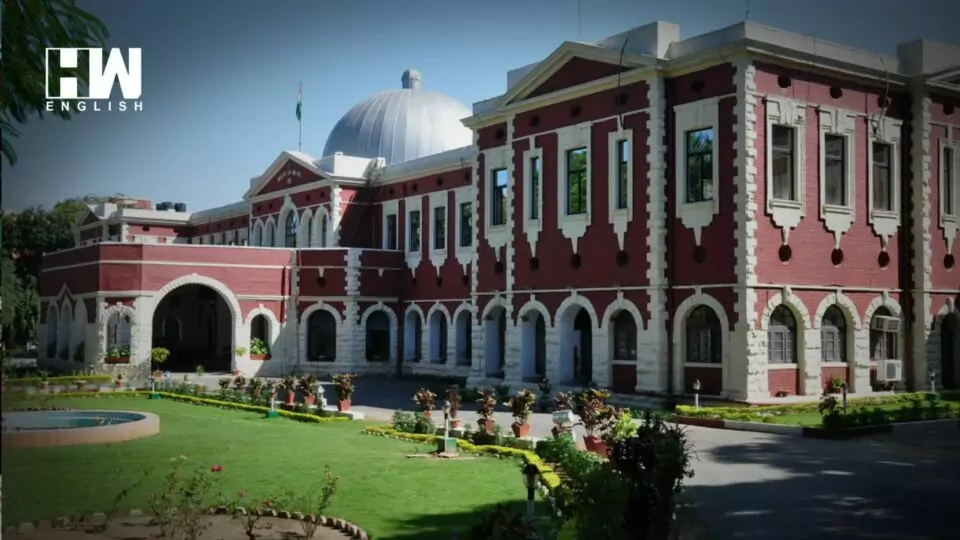The Jharkhand High Court has observed that in India, there exists an expectation for women to care for their elderly mothers-in-law or grandmothers-in-law, citing it as a cultural practice, as seen in the Manusmriti. The court made these remarks while addressing a plea challenging a Family Court order requiring a man to pay Rs 30,000 per month to his wife and Rs 15,000 per month to his minor son.
The court, asserting that the wife’s desire to live separately from her in-laws is unreasonable, emphasized the cultural tradition of women serving their aged in-laws. Quoting Manusmriti and ‘Brihat Samhita,’ the court highlighted the importance of treating women with respect and fulfilling their needs.
Also read: Canada Expands Probe On Suspected Indian Interference In Elections
The case involved Piyali Ray Chatterjee, who filed for maintenance, alleging mistreatment and dowry demands by her husband. The petitioner claimed ill-treatment at her in-laws’ house and mental distress due to dowry pressure. The respondents argued that the petitioner had pressured the husband to evict his mother and grandmother, and she refused to dine with him until her demands were met.
The Family Court in Dumka granted maintenance, but the High Court, after reviewing testimonies, noted that the wife left her matrimonial home by choice, expressing unwillingness to care for her elderly in-laws. The court found this insufficient, referencing Section 125(4) of the Code of Criminal Procedure, which allows denial of maintenance if the wife refuses to reside with the husband without reasonable cause.
The bench concluded that the wife’s decision to live separately due to the obligation to care for elderly in-laws was not a valid ground for maintenance. This underscores the court’s interpretation of cultural expectations and legal provisions regarding spousal responsibilities.
As an independent media platform, we do not take advertisements from governments and corporate houses. It is you, our readers, who have supported us on our journey to do honest and unbiased journalism. Please contribute, so that we can continue to do the same in future.

